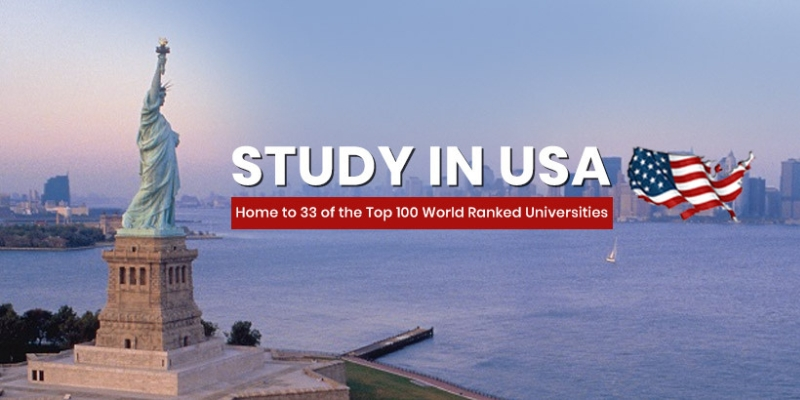Why choose Norway?
Schedule Your Study Abroad Consultation
Book a personalized session with our expert counselors to guide your journey toward studying in your dream destination.
Some Highlights

High-Quality Education with No Tuition Fees
Norway offers education at its public universities without charging tuition fees, making it one of the most affordable study destinations in Europe. While living expenses may be higher than in some countries, students can benefit from world-class education in fields such as engineering, social sciences, and environmental studies. Norwegian institutions emphasize critical thinking and research-based learning, which prepares students for successful careers worldwide.

Strong Focus on Sustainability and Innovation
Norway is globally recognized for its focus on sustainability, particularly in energy, technology, and environmental research. Many Norwegian universities offer programs in renewable energy, environmental sciences, and sustainable development, making it an ideal destination for students passionate about creating a positive impact on the world. Students also have the chance to participate in innovative projects, gaining valuable practical experience in solving global challenges.

Work-Life Balance and Quality of Life
Norway offers a unique balance of work, study, and leisure, making it an ideal environment for students. The country is known for its excellent quality of life, low crime rates, and efficient public services. Students have access to high-quality healthcare, a rich cultural scene, and a strong emphasis on work-life balance. The outdoor lifestyle is also popular in Norway, with opportunities for hiking, skiing, and exploring the country’s breathtaking natural landscapes.
Explore Norway Further
Cost of Studying in Norway
Programs and Durations
Living Expenses
Lifestyle in Norway
Top Courses to Pursue
Some of the top courses to pursue in Norway include:
Renewable Energy and Environmental ScienceEngineering (especially in marine, petroleum, and civil engineering)Computer Science and Artificial IntelligenceBusiness and ManagementSocial Sciences and International RelationsMedicine and Health SciencesExaminations and Tests Required
Scholarships for Study
Visa Process for Students
Graduation Immigration Route
Life in Norway
Life in Norway is characterized by a high quality of life, excellent public services, and a strong emphasis on equality and sustainability. Students can enjoy the beautiful natural environment, a rich cultural scene, and a strong sense of community. The country’s work-life balance, focus on sustainability, and friendly, welcoming society make it an excellent place to live and study.
If pursuing higher studies in top universities of Norway is your dream, let us, the premier education consultants of Bhawishya assist you in achieving it.
Related Latest Insights
- All Posts
- All nations

Explore the Top 10 Study Abroad Programs to Transform Your Educational Journey Studying abroad is more than just academics; it’s…




